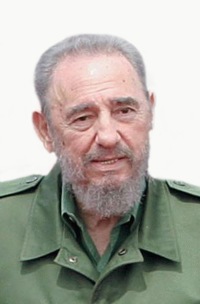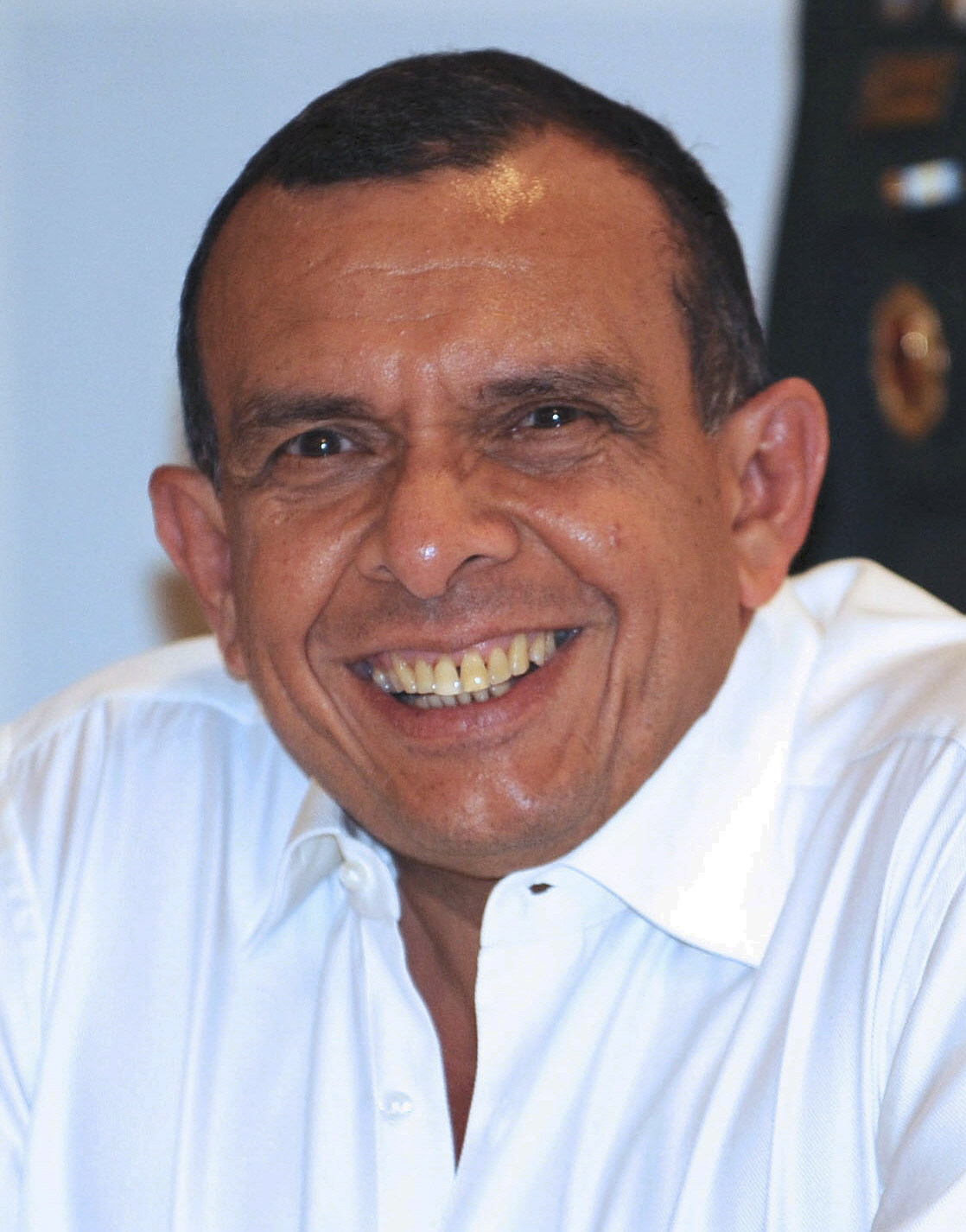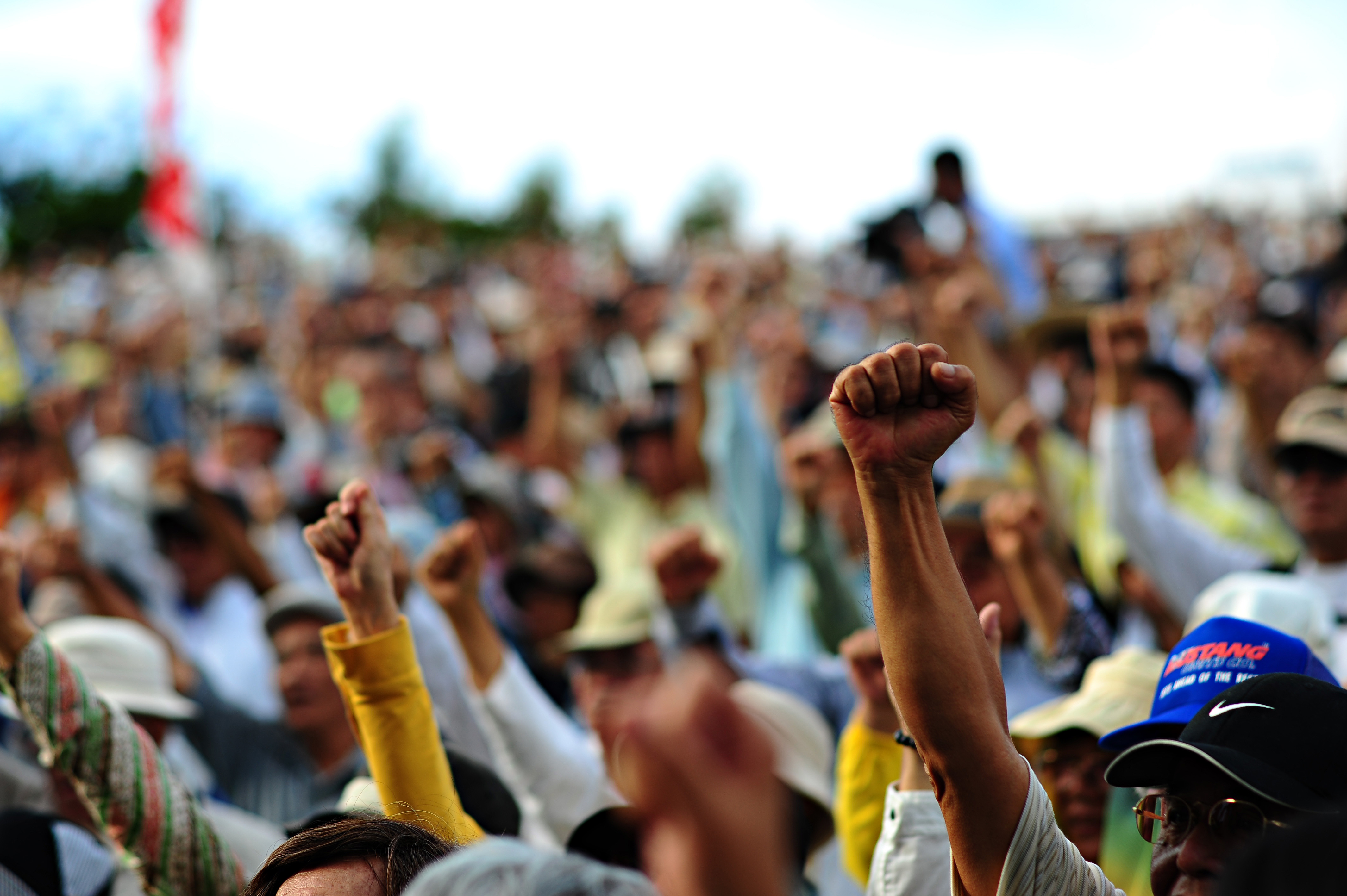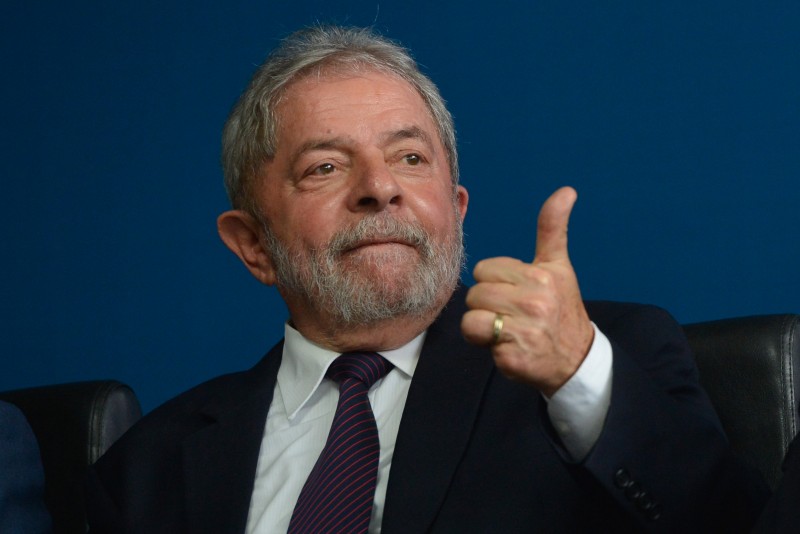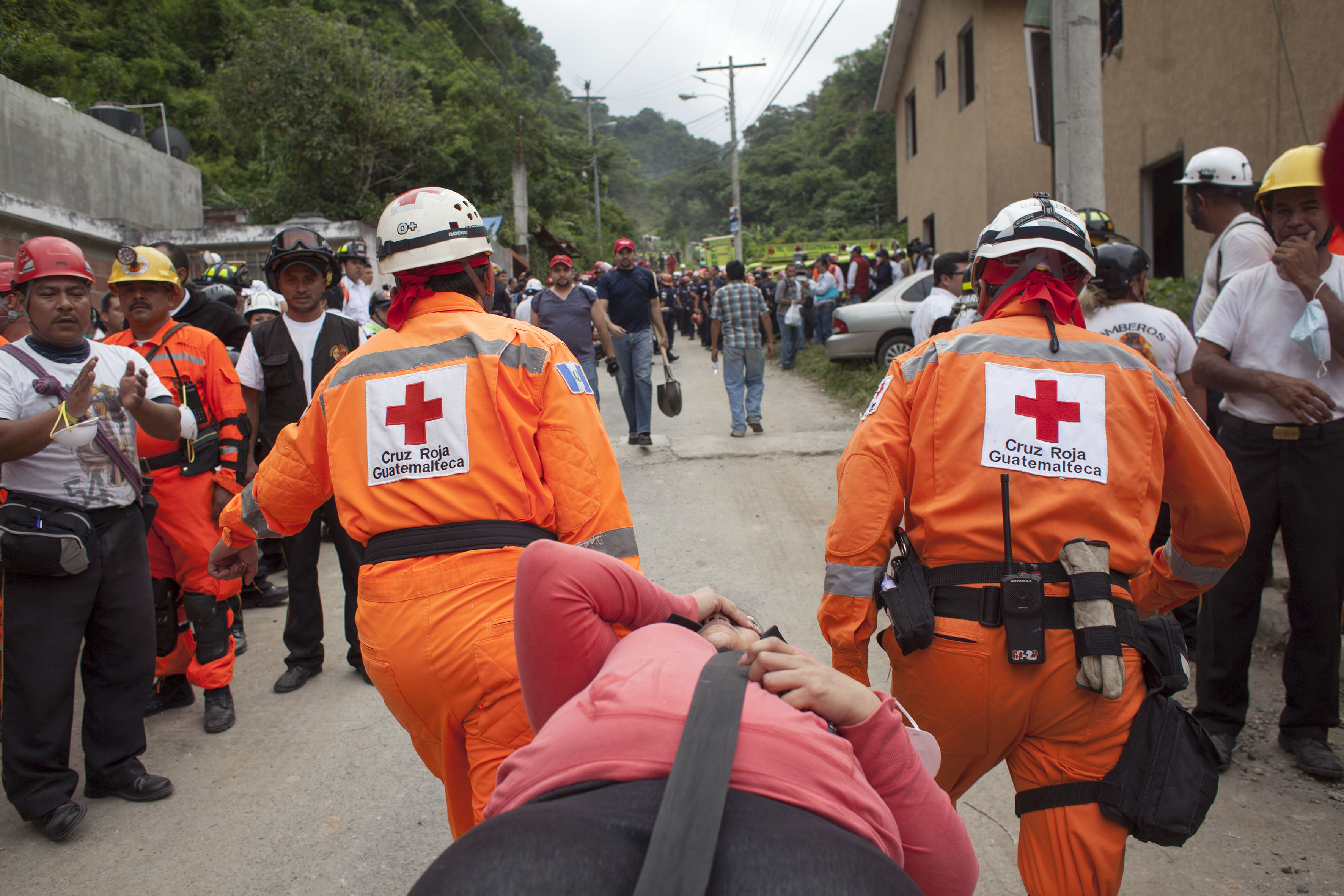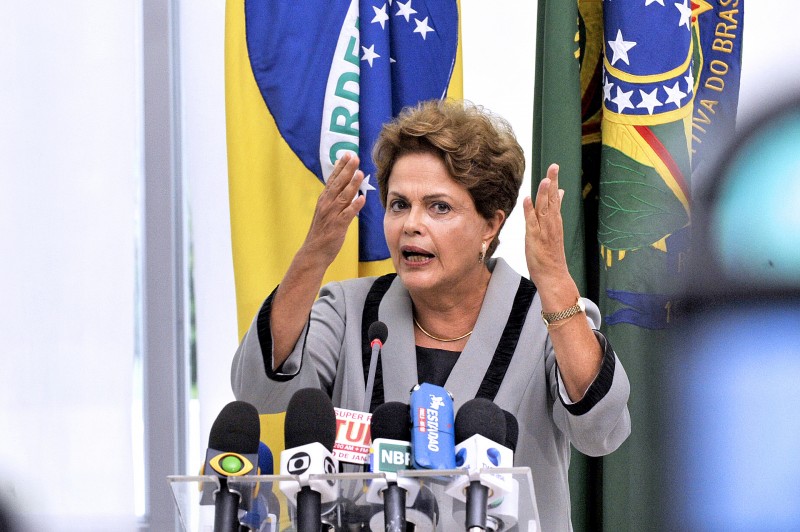
Chile, Latin America: Week in Review, Southern Cone
Latin American Countries Reach Final Agreement on Trans-Pacific Partnership
October 6, 2015 By Staff
Top Story — The United States and 11 other Pacific Rim countries, including Chile, Peru and Mexico, have agreed on the final details of the Trans-Pacific Partnership on Monday, a deal that was greeted enthusiastically by Latin American leaders but faces skepticism from organized labor as well as U.S. lawmakers.
Together with other countries such as Canada, New Zealand and Japan, the three Latin American countries involved will be part of a deal that will cover 40 percent of the world’s GDP. The agreement promises to reduce or even eliminate tariffs on almost 18,000 categories of goods.
“The Trans-Pacific Partnership will translate into greater opportunities for investment and well-paid jobs for Mexicans,” Mexican President Enrique Peña Nieto said on Twitter.
However, the deal still needs to be approved by each respective country’s lawmakers, and not everyone is pleased about the outcome of the negotiations. The finer details of the deal, such as New Zealand’s increased access for dairy exports or monopoly rights for biotech drugs, were often subject to intense amendments and compromises.
In the end, Peru and Australia led the fight against long-term copyright protections on biologics — medicines made from living organisms. Though the United States pushed for 12-year protections, the final compromise limited the copyrights to no more than five years, according to The New York Times.
U.S. Congress members, both on the Democratic and Republican side, have reacted skeptically to the deal. U.S. labor groups fear that the trade agreement will affect jobs and environmental laws, while Republican lawmakers are angered over increased regulation..
Nonetheless, Latin American leaders remained largely optimistic about the deal. Magali Silva, Peru’s trade minister, told the Financial Times that, if the deal goes through, it will be “like having the 12 countries acting like a factory.”
Headlines from the Western Hemisphere
North America
- A Mexican judge has freed four of the seven soldiers charged with killing 22 suspected gang members in 2014 after most of the victims allegedly surrendered to troops.
- The United States and Cuba have agreed to work together to protect marine life in the seas between their countries following an conference in Chile on Monday, the first joint environmental initiative announced since the thaw in U.S.-Cuba relations.
- About 300 families in Mexico City still live in poor conditions in temporary settlements that were initially created after the city’s devastating 1985 earthquake, according to a piece in the Los Angeles Times.
Caribbean
- The missing cargo ship El Faro, which had 33 passengers and was headed from Florida to Puerto Rico, was likely caught in the path of hurricane Joaquin and sank off the coast of the Bahamas, the U.S. Coast Guard said Monday after searchers had found one body, life rafts and survival suits.
- Agricultural imports from the United States to Cuba have dropped precipitously this year despite warmer relations between the two countries, a surprising reality that will shape the U.S. commerce secretary’s trip to Havana on Tuesday to discuss trade relations.
- Cuba’s complicated and unofficial internet system is explained in a piece and accompanying video by Vox, which demonstrates how recent improvements in connectivity are still insufficient and limited.
Central America
- Following a devastating landslide in Guatemala, officials are urging residents reluctant to leave to relocate to safer areas as questions arise as to why homes were built in such a dangerous zone to begin with.
- Juan Carlos Monzón, an aide to Guatemala’s former vice president, turned himself in to authorities Monday to face charges for his role in the country’s sweeping fraud scandal known as “La Linea,” in which importers paid the government millions of dollars in bribes in order to avoid customs duties.
- Burger King closed all 29 of its Costa Rica locations by Monday because of disagreements with the U.S. franchise, causing 434 employees to lose their jobs, according to the Tico Times.
Andes
- The president of the Peruvian central bank said that interest rates would remain at 3.5 percent, an announcement that comes as the International Monetary Fund meets in Lima.
- Americas Quarterly interviewed Lillian Tintori, Venezuelan human rights activist and wife of the imprisoned opposition leader Leopold López, about the humanitarian situation in Venezuela, her husband and the upcoming parliamentary elections.
Southern Cone
- Chilean President Michelle Bachelet announced that the country will designate over 1 million square miles off its Pacific coast, including the waters surrounding Easter Island, as protected non-fishing zones to form two marine conservation reserves.
- The organizing committee in charge of the 2016 Rio Olympics and Paralympic Games has announced they plan on cutting up to 30 percent of funds related to promotion and event staging in order to avoid potential overages being charged to the Brazilian government.
- Amid a devaluation of the real and the worldwide drop in oil prices, the Brazilian state-run oil company Petrobras has announced plans to cut $11 billion in capital spending over the next two years.
